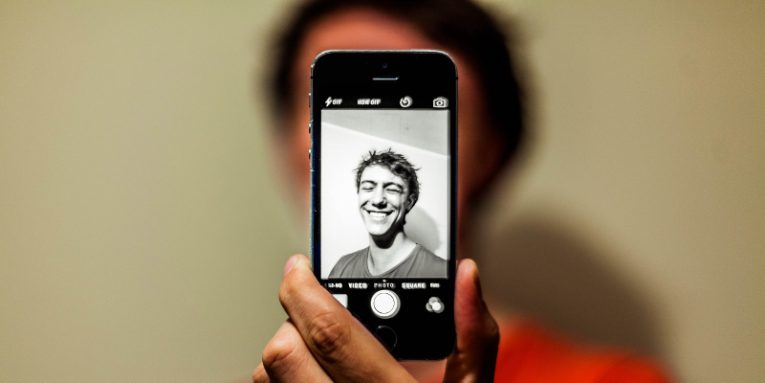Did FaceApp Steal All Your Personal Photos? No, It Didn't!

Unfortunately, it looks like the only thing easier than accessing information in the 21st century is accessing information that is factually incorrect. Last week's viral spread of misinformation around popular mobile application FaceApp illustrates the problem rather well. Before we tell you what happened, however, let's take a look at the backstory.
FaceApp is a photo filtering application that supposedly uses artificial intelligence to modify your selfies and tell you what you'd look like if you were older, younger, with a different haircut, etc. The app isn't new, and this is not the first time it has managed to make a few headlines. In 2017, it got criticized for having image filters that were deemed racist. Wireless Lab, FaceApp's Russia-based developers, quickly removed the controversial functionality, and for a while, people stopped talking about it.
Recently, however, its popularity was given a massive boost after some celebrities used it to share with the rest of the world what they would supposedly look like when they're older. Soon enough, a social media challenge accompanied by the customary hashtag was created, and plenty of people started installing the application. Overnight, FaceApp ascended to the top of the Most Downloaded lists on Google Play and Apple's App Store.
One of the users who wanted to know what all the fuss is about was app developer Joshua Nozzi. He installed FaceApp on his iPhone X, and he was immediately intrigued by the fact that the viral application is indexing every single one of his photos one by one. He then did a very unwise thing.
A tweet that blew up
Nozzi assumed that FaceApp was uploading all of his photos to the cloud, and he was feeling rather unhappy about the fact. He then went to Twitter to share his assumption and warn the rest of the world about the supposedly dangerous behavior. A part of the said rest of the world assumed that Nozzi's tweet was based on actual technical analysis, and soon enough, the whole thing was starting to blow out of proportion. A few popular news outlets picked up the story, and the people that read it were concerned. The fact that the app's developers are from Russia gave birth to a few conspiracy theories as well.
Tin foil hats aside, the worries would have been founded if Joshua Nozzi had done some research and had based his tweet on real facts. As we mentioned already, he hadn't.
The facts come to light
Fortunately, the truth was unveiled rather quickly. Security researchers like Baptiste Robert (known on Twitter by the @fs0c131y handle) poked around the FaceApp and let everybody know that it is not in fact uploading all the user's photos to servers controlled by Wireless Lab. It does upload images that the user picks for editing, and according to FaceApp's makers, this is done for the sake of better performance. In a statement made to TechCrunch, they said that most of the photos are deleted within 48 hours, and that users have the option of asking Wireless Lab to remove the data through the application's support section. Realizing how badly wrong it had all gone, Joshua Nozzi deleted his tweet and apologized for his mistake, though he did say that he still has some reservations about FaceApp's handling of user data. You can check out his arguments, read through the application's Privacy Policy, and decide for yourself whether you agree with him.
Whatever your opinion, the fact of the matter is that FaceApp won't surreptitiously slurp all your photos and send them to a server in the cloud. It won't send them to Vladimir Putin, either.
Despite all this, on July 17, well after Joshua Nozzi's tweet had been dismissed as incorrect, the Democratic National Committee urged all people involved in the party's 2020 presidential campaign to delete FaceApp. The only quoted argument against it is that it's developed in Russia.
Joshua Nozzi probably had all the best intentions when he reached out to his social media followers and asked them to be careful with FaceApp. In fact, he is right when he says that people should be more mindful of their privacy. Hopefully, however, Nozzi and many others like him will learn that overreacting and throwing allegations that are not based on hard facts is not really helping anyone.








